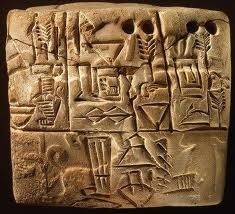Decoding a novel
 It's easy to forget just how remarkable books are; black symbols on white paper or screen create images and concepts in our mind which can make us laugh or weep. The strange process of reading, once it has been acquired in childhood, is forgotten and taken for granted. This is a miracle that enables a truly good book to transport us to another world and consciousness in a totally absorbing way.
It's easy to forget just how remarkable books are; black symbols on white paper or screen create images and concepts in our mind which can make us laugh or weep. The strange process of reading, once it has been acquired in childhood, is forgotten and taken for granted. This is a miracle that enables a truly good book to transport us to another world and consciousness in a totally absorbing way.A reader reviewing Remix said, "... as I was reading it, it played through like a film in my mind. Very rarely a novel appears like a film to me and it's a sure fire sign that I'm enjoying it."
When I write a scene, I observe it as if it were a film; so the film playing in my mind was transcribed, published, sent to her Kindle, then replayed as a film for her. Interesting to speculate on the differences between our respective films; Caz's workshop imagined by her will not be the same as my image of it, as it's based on places she has never been to - but if I've done my job well it'll be none the worse for that. (I wonder what her Ric Kealey looks like? Drop dead gorgeous, of course...)
Thinking about this, it occurs to me that books are written in code, and only the right reader is able to correctly decode them. It is a joy for a writer when a reader totally 'gets' her novel, and of course, not everyone will, even with the most popular authors. Myself, I reckon my decoding of Jane Austen or Mary Renault is in the high nineties, percentage-wise, but for Dan Brown, DH Lawrence or Dostoevsky it's down in the low thirties.
Published on August 30, 2011 08:19
No comments have been added yet.



